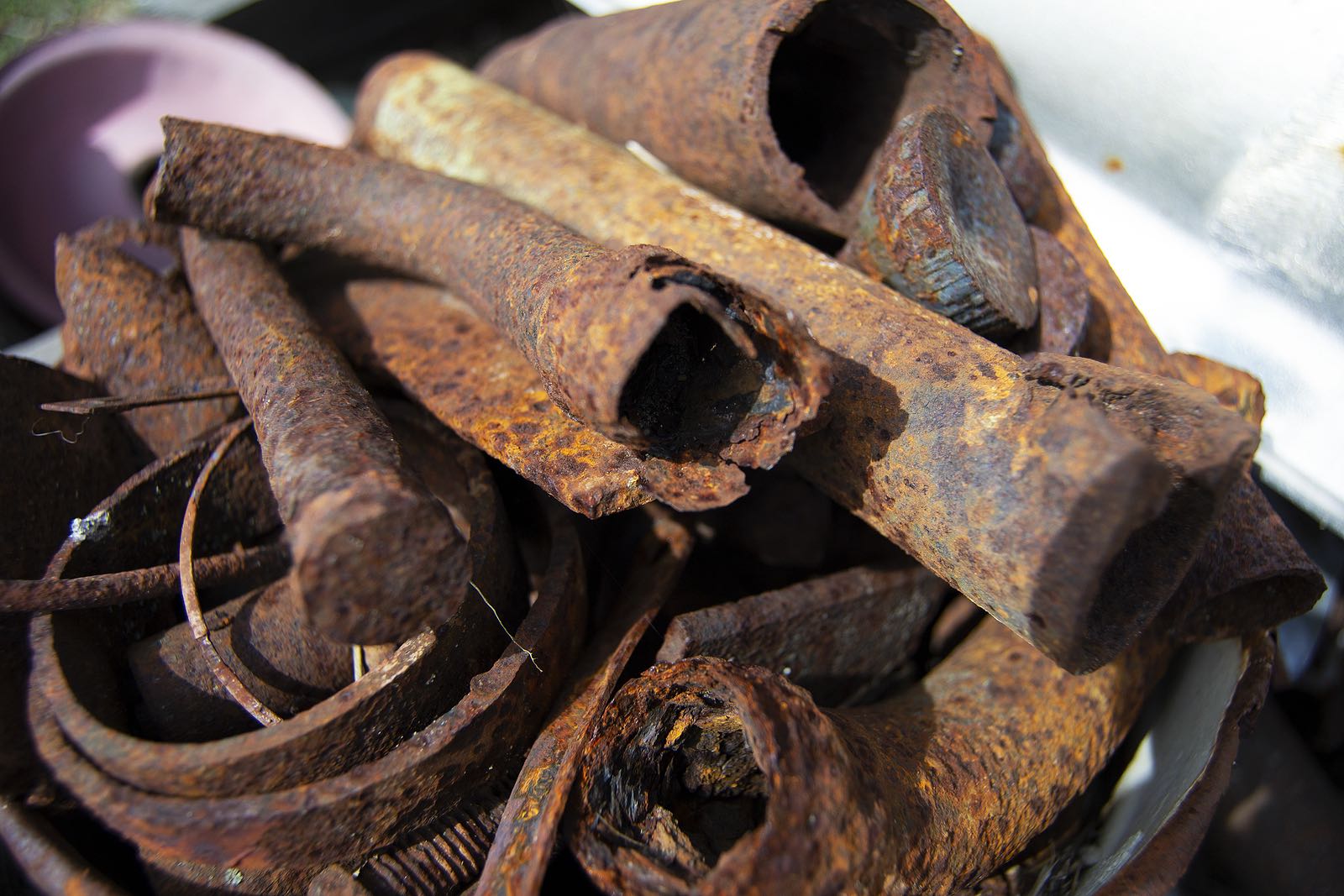If you have a project coming up, you must make sure you select the right materials. You are probably taking a look at different metals, figuring out which one is best for your needs. One of the most important factors you need to think about is whether or not the metal rusts. There are some types of metal that rust easily, and there are other types of metal that will stand up to a tremendous amount of wear and tear. What is rust, and why do certain types of metals rust? Take a look at a few important below, and consider reaching out to a professional who can help you select the right metal for your needs.
What Is Rust?
Rust is a specific type of oxidation that takes place when iron or some other form of metal alloy is exposed to oxygen or water. Oxygen and water are important for life, but they can also be incredibly deadly for certain types of metal. If metal has iron in it, or if you are using straight iron, you may have to deal with rust.
When iron oxidizes, it leads to rust, but not all forms of oxidation lead to rust. Furthermore, rust is a specific type of corrosion, but not all types of corrosion involve rust. If you are using a metal alloy that contains iron, it could be prone to rusting.
How and Why Do Metals Rust?
Oxidation is a scientific process that takes place when elements lose their electrons. In this place, metal iron is losing its electrons, shedding them to oxygen or water. Water accelerates electrons as they flow from iron to oxygen, speeding up the rusting process. If you have seen iron that turns brown, or if you see patina (the green color) on copper, you have seen oxidation taking place.
There are several specific types of metal you may want to know more about. They include:
1. Copper
Copper does not rust. Naturally, copper is brown. Therefore, it can be difficult to tell if copper is rusting or not. When left outdoors copper develops a “patina” which is when it transforms from a shiny brown color, turns to blues before it finally turns green. Just like rust develops on iron, patina develops on copper, unlike rust which corrodes iron, patina actually protects and preserves the copper underneath.
Naturally, copper takes a very long time to go through corrosion. The specific type of corrosion that copper goes through is called erosion corrosion. It only takes place when copper is exposed to turbulent water that flows through it over a long amount of time. Therefore, if you want to protect copper from harm, you simply need to protect it from flowing water.
2. Iron
Iron can rust very easily. Iron is one of the most common metals, but iron, and any alloy that contains iron, can rust. When compared to other types of metal, iron rusts relatively quickly. The process speeds up if it is exposed to a continuous supply of water and oxygen. If you expose iron to water and oxygen continuously, the rusting process can start in only a few hours. Furthermore, if iron is exposed to high temperatures, its chemical makeup will be altered. This makes it easier for iron to combine with oxygen in an external environment, speeding up the rusting process. Therefore, if you decide to use iron in a project, you need to make sure that you protect it from water and oxygen.
3. Aluminum
Aluminum has become incredibly popular during the past few decades because it is lightweight, inexpensive, and durable. Specifically, aluminum is famous because it does not rust as easily as other metals. Because aluminum does not contain any iron, it should not rest at all. On the other hand, it can still go through corrosion.
If aluminum comes into contact with water, aluminum and oxygen move farther apart from one another. Even though this means aluminum will not rust, it does change the molecular structure of aluminum slightly. Even though it is resistant to corrosion, it will eventually break down under stress.
How To Prevent Rust From Happening
If you want to prevent rust from happening, there are several steps you need to take. First, you need to choose the right metal. As long as you choose something that doesn’t have an iron, you should not have to worry about it rusting. Next, you may want to galvanize the metal using zinc to prevent it from corroding. Zinc is famous for resisting corrosion, making it a great choice.
Finally, make sure you store your metal in a safe area. You need to control the temperature and humidity carefully, and you do not want to expose metals to water. This can significantly lengthen the lifespan of your material.
Why Is Rust Bad for Metal?
Rust is bad for metal because it can significantly reduce its strength. When iron goes through the rusting process, its mass will be significantly reduced. As a result, it will not have the same strength it once had. It may not be able to support the same structure, so it leaves your project will be vulnerable to collapse. Therefore, it is important to choose the metal carefully, and make sure you protect it properly. That way, you can get as much use out of it as possible.
Sheet Metal Experts
We are Alpine Sheet Metal Systems, and it would be our pleasure to work with you to choose the right metal for your project. We have a significant amount of experience working with different types of materials, and we can use that experience to help you.
Contact us today to speak to a member of our team, and let us help you with your upcoming project.

